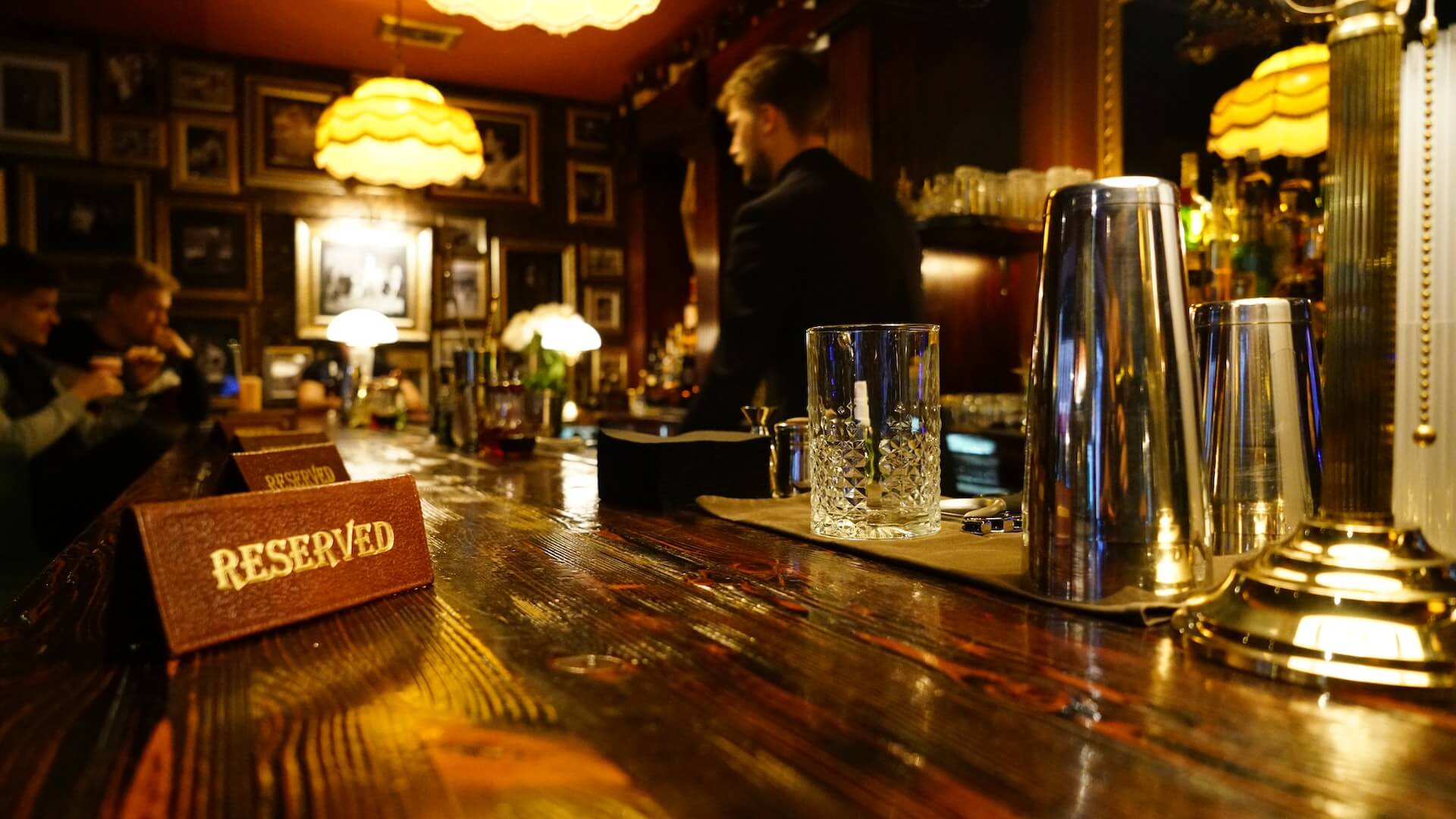Why You Need to Use Direct Bookings
by David Klemt

A new report from guest retention platform SevenRooms shows that like delivery, guests prefer to support restaurants directly when it comes to reservations.
Similar to their awareness of third-party delivery platform fees, today’s guest appears to be aware that third-party marketplaces cost restaurants and bars too much.
Let’s consider the guest discovery journey. According to their 2023 Dining Discovery & Booking Report, SevenRooms says most guests discover new restaurants via word of mouth. In fact, 61 percent of people rely on family, friends, and co-workers to find new restaurants. A third of diners use Google (33 percent), and nearly as many use social media (29 percent).
So, what role do third-party marketplaces play in restaurant and bar discovery? Per SevenRooms, not even ten percent of people who discover new places to grab a bite or a drink use such platforms.
Their research shows that just nine percent of diners use OpenTable to find new restaurants. However, that’s three times the number of diners that Resy (three percent) is seeing use their platform for discovery.
Okay, so what does this mean to you, the operator? It means that you should be leveraging a direct-booking feature. Guests are telling us how they want to experience restaurants and bars. They’ve let us know they prefer direct delivery. Now, they’re letting us know they prefer direct booking.
In other words, give them what they want: user-friendly ways to support your business. Make it easy to find you on social. Ensure your website is functional and easy to navigate. And give delivery and booking buttons prime real estate on your website so guests can find them quickly.
I also recommend communicating that you offer direct bookings, and thanking those who use that functionality for supporting your business directly. This can, of course, be done via automated marketing emails.
For more information—including how many diners call restaurants directly to make reservations—please read the SevenRooms press release below. You can also download their latest report here.
SEVENROOMS CONSUMER DATA UNVEILS HOW GUESTS ARE DISCOVERING AND BOOKING RESTAURANTS
Leading guest experience and retention platform highlights consumer expectations for discovering new restaurants and making reservations
NEW YORK (June 7, 2023) – SevenRooms, a guest experience and retention platform for the hospitality industry, released its latest consumer report, “2023 Dining Discovery & Booking Report,” highlighting how guests discover new restaurants and book reservations. One thing is clear – diners are utilizing many channels for discovery – from word of mouth to a variety of online channels. Nearly two-thirds (61%) of diners hear about or discover new restaurants from friends, family and co-workers, followed by 33% using Google, 29% searching social media for restaurant profiles and 22% discovering through social media influencers or trusted sources. Only a small percentage use third-party platforms such as OpenTable (9%) and Resy (3%) to discover new restaurants.
“Coming out of the pandemic, operators are navigating an entirely new landscape which includes how diners are discovering and booking reservations,” said Joel Montaniel, CEO & Co-Founder of SevenRooms. “In this new world three things are clear: being everywhere diners are online is table stakes, diners prefer to book directly as opposed to using a third-party app, and while third-party apps are still important, Google is quickly becoming one of the preferred destinations for diners when they don’t go direct to the restaurant.”
Defining today’s restaurant guest
In the United States, today’s guests expect more than just a meal, and creating opportunities to build loyalty will set restaurants apart. Each experience can turn a one-time diner into a loyal guest – but it must include personalized touches from start to finish. It is critical for operators to own their data to create a relationship with each guest based on preferences, past visits and upcoming special occasions noted when booking direct. By building this relationship, operators are able to be more proactive with their guests, personalize dining experiences and use the data they collect to curate experiences that will ultimately drive more revenue.
The beauty of a direct booking platform is the ability to capture that data; for example, asking the guest when they are booking if they are celebrating anything special, or noting dietary preferences. Guests are also willing to make that extra step to make sure they have an excellent experience – nearly half (45%) of diners will call the restaurant directly to book a reservation, and 35% will book through the restaurant’s website. Twenty-nine percent of diners also say that they receive better experiences at the restaurant when they book direct, and more than 1 in 4 (27%) feel restaurants prioritize their reservation when doing so.
Similar to how today’s diners are catching on to the experiential benefits of booking direct, they are also realizing that third-party platforms are not actually in the best interest of the restaurant. Sixty-one percent believe that making reservations directly with the restaurant, rather than with a third-party reservation platform, is better for the restaurant. Additionally:
- 29% of respondents want to do all they can to directly support restaurants
- 17% of respondents noted that third-party reservation platforms charge too much in fees to the restaurant, and guests would rather not have the restaurant incur that cost
“As the expectation for incredible experiences grows, third-party reservation platforms are losing market share as diners prefer to book directly with restaurants to ensure they get the best experience,” said Montaniel. “SevenRooms has always been dedicated and focused on empowering operators to deliver the most personalized guest experiences. Our omnichannel approach, enabling restaurants to meet guests wherever they are, whether through global discovery and booking channels or a restaurant’s own website, helps operators serve diners in this new world while helping them operate more sustainable and profitable businesses.
To learn more about SevenRooms, please visit www.sevenrooms.com.
About SevenRooms
SevenRooms is a guest experience and retention platform that helps hospitality operators create exceptional experiences that drive revenue and repeat business. Trusted by thousands of hospitality operators around the world, SevenRooms powers tens of millions of guest experiences each month across both on- and off-premises. From neighborhood restaurants and bars to international, multi-concept hospitality groups, SevenRooms is transforming the industry by empowering operators to take back control of their businesses to build direct guest relationships, deliver exceptional experiences and drive more visits and orders, more often. The full suite of products includes reservation, waitlist and table management, online ordering, mobile order & pay, review aggregation, email marketing and marketing automation. Founded in 2011 and venture-backed by Amazon, Comcast Ventures, PSG and Highgate Ventures, SevenRooms has dining, hotel F&B, nightlife and entertainment clients globally, including: MGM Resorts International, Mandarin Oriental Hotel Group, The Cosmopolitan of Las Vegas, Wynn Resorts, Jumeirah Group, Hard Rock Hotels & Resorts, Wolfgang Puck, Michael Mina, Bloomin’ Brands, Giordano’s, Australian Venue Company, Altamarea Group, AELTC, The Wolseley Hospitality Group, Dishoom, Live Nation and Topgolf. www.sevenrooms.com
Image: Алексей Вечерин on Pexels




